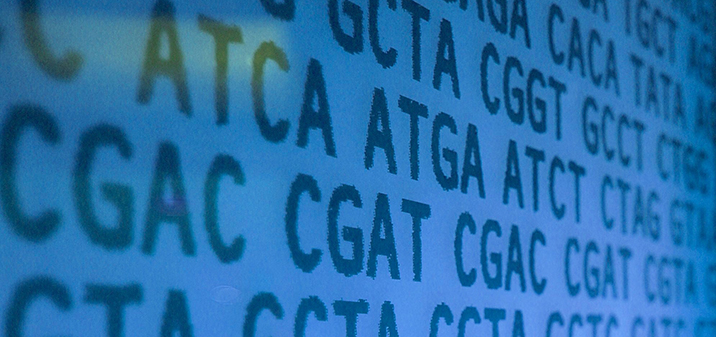RAREfest shine a light on rare disease awareness with innovative new events programme
Coming to Cambridge next month, RAREfest is an innovative new event geared towards educating the public about rare diseases through hands-on exhibitions, inspiring performances and talks with expert speakers.
The scale of the issue might surprise you: though individually rare, collectively, rare diseases affect one in 17 people, with over 50% affecting children, 30% of whom heartbreakingly won’t survive past their fifth birthday. Awareness of the support and treatments available to these people is lacking. Within the same survey by OnePoll, it was reported that respondents thought only 38% of rare diseases have no treatment, when in fact 95% of rare diseases have no approved drug treatments. All of this tells us that even now in 2018, rare conditions are still not being diagnosed, treated or supported effectively – and this is where RAREfest comes in.
The event is organised by the Cambridge Rare Disease Network, and aims not just to educate but to engage and empower by showcasing who is doing what to help improve the quality of life of those affected by rare and undiagnosed conditions, bringing together key rare disease stakeholders in a powerful outreach event.
It begins on Friday 30 November with a launch event that will give three speakers the stage: each with a fascinating story to tell – and each with a rare disease. Hear from the first disabled man with muscular dystrophy to lead expeditions to the North and South Pole, plus a performance by a musician whose rare blindness means he memorises all his pieces from Braille, as well as a Cambridge grad living with brittle bone disease, who has taken her stories of living with a rare condition to the BBC Ouch stage and Edinburgh Fringe Festival to give a light-hearted glimpse into her world. Also at the launch event, see actor and documentary presenter Adam Pearson speaking with Dagmar Bennett, a sculptor who created a hyper-realistic bust of him – find out more here.
On Saturday 1 December, the Guildhall will transform into an interactive exhibition, showcasing pioneering science, technology solutions, charities, artists and healthcare teams. Amongst the cutting-edge tech gadgets to try will be Bright Sign’s glove, which can convert sign language into speech; Microsoft’s Torino Project for teaching blind children to code; and ReScape’s Virtual Reality headsets, which help people manage chronic pain and anxiety.
“This is a science, technology and arts festival with a difference”, says Jo Balfour from Cambridge Rare Disease Network. “We hope to share with people some of the innovative and exciting research and projects which are being carried out in Cambridge and beyond. There’ll be hands-on and interactive exhibits, talks from Cambridge experts Dr Giles Yeo and Dr Anna Middleton and others trying to find treatments and cures, cutting-edge technology that helps people live more independent lives, a film festival and artists and charities whose work raises awareness.”
“There’s something for everyone whatever their age – virtual reality, robots, sculpture, genetics games, microscopes, research into premature ageing and rare eye conditions and much more,” she continues. “Anyone can come along with their family, friends and colleagues to learn, play, listen, discuss and be amazed by this little known area of science and health that affects up to 3.5 million people in the UK.”

